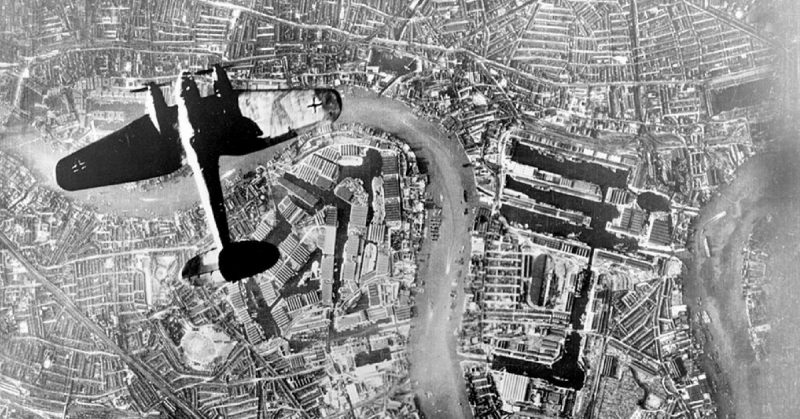It’s fascinating to look at how history can be changed from a single incident, or in this case, accident. That is what happened during the Battle of Britain that impacted the outcome of not only the battle, but the war itself.
In the summer of 1940, the United Kingdom stood almost alone again the might of Nazi Germany. German armies had rolled through Western Europe. Britain’s closest ally, France, had been knocked out of the war by the German blitzkrieg in a matter of weeks. British troops stationed in France had managed to barely escape capture or death.
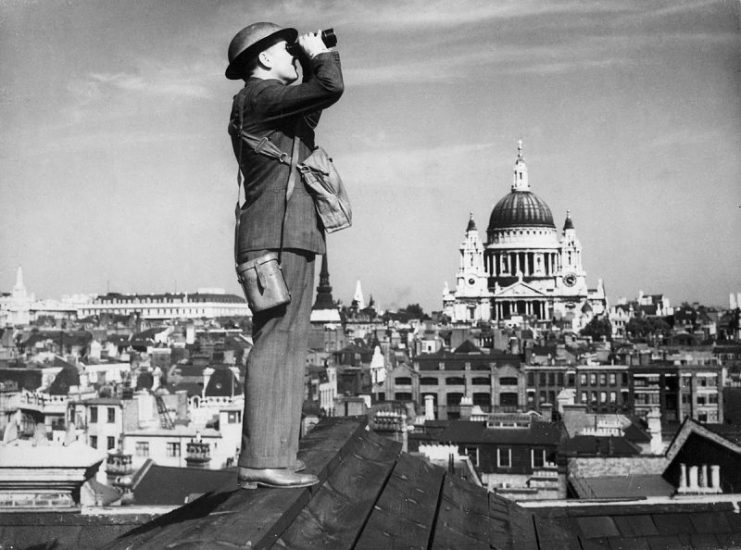
Now the British waited for an invasion. The assault began in August with German Luftwaffe attacks on British airfields, bases, and industrial production facilities. Despite being outnumbered, the Royal Air Force resisted.
In command of the German air force was Hermann Goering, a Nazi and loyal to Adolf Hitler. Goering’s plan was simple, destroy the RAF and leave the island open for invasion. The British fought hard but Goering intensified attacks.
The British air command was wearing down. German attacks were continuous and heavy, leaving little time to repair damaged airfields, factories, and planes. The British were running dangerously low on airplanes and pilots.
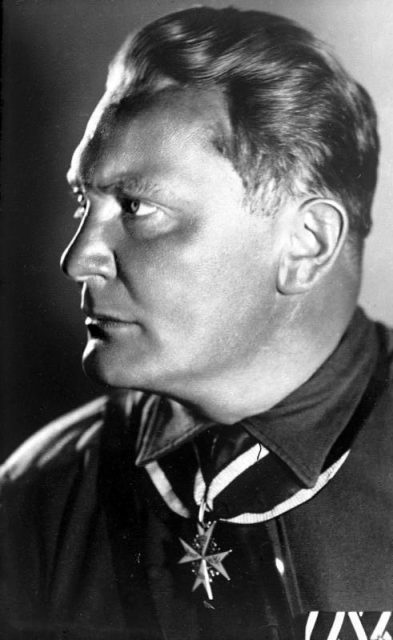
Hitler reportedly still held out hope that Britain would ask for a peace agreement with Germany, effectively ending the war in Western Europe. To encourage this, he instructed that British targets for bombing remain military only.
Then the incident happened. By most accounts the bombing on August 24 was an accident. German bombers, that were supposed to hit military targets outside of London, flew past and struck part of the capital itself, causing some damage and civilian deaths.
https://youtu.be/EZ-rnRqKt8I
After London was attacked, British Prime Minister Winston Churchill ordered a revenge attack on Berlin. It was the first bombing raid on the German capital in the war. The raid on August 25 was small and mostly symbolic. It caused little damage to the city itself. No one was killed, but it outraged Hitler and Goering. In fact, months earlier, Goring had promised that Allied bombers would never penetrate that far into German territory.
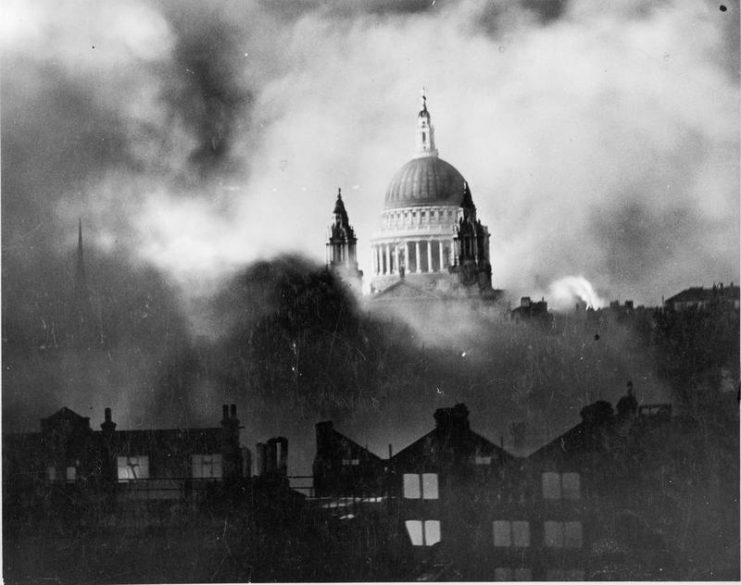
Furious over the aggressive British action, Hitler and Goering decided on a new tactic. Using the might of their air force, they would concentrate on the heavy bombing of London in retaliation for the attack on Berlin.
On September 7, in what became known as the Blitz, it began. For 57 consecutive nights, London was bombed mercilessly. Every night, air raid sirens went off, sending residents into subway stations and other underground shelters. In return, Britain managed to send more bombing raids on to Berlin and other German cities.
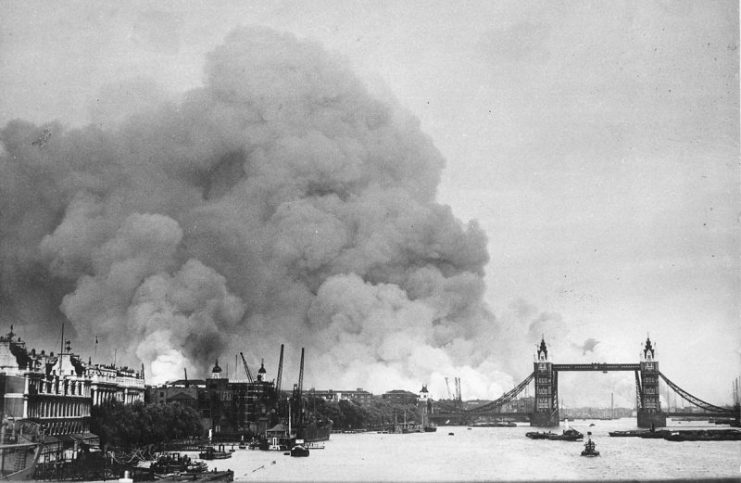
To increase the pressure on the population, Hitler expanded the bombing raids to other British cities such as Birmingham, Coventry, and Liverpool. Damage on the ground was severe. Toward the end of 1940, over 15,000 civilians had been killed. The plan was to terrorize the British people into submission.
Yet there was one positive result for the British as their cities were being attacked. While civilians took the brunt of the assault, military bases and factories were being left alone. Airfields were repaired. Planes were rebuilt and new fighter pilots had time to train.
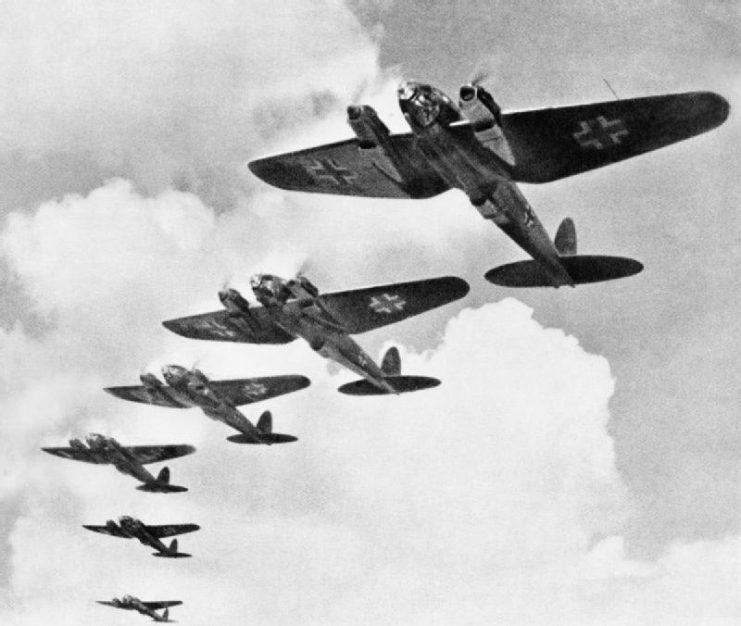
In vicious aerial battles, the RAF was also able to inflict increasing casualties on German bombers and fighters. The previous Luftwaffe air superiority balanced out and became a war of attrition, with both sides taking heavy losses.
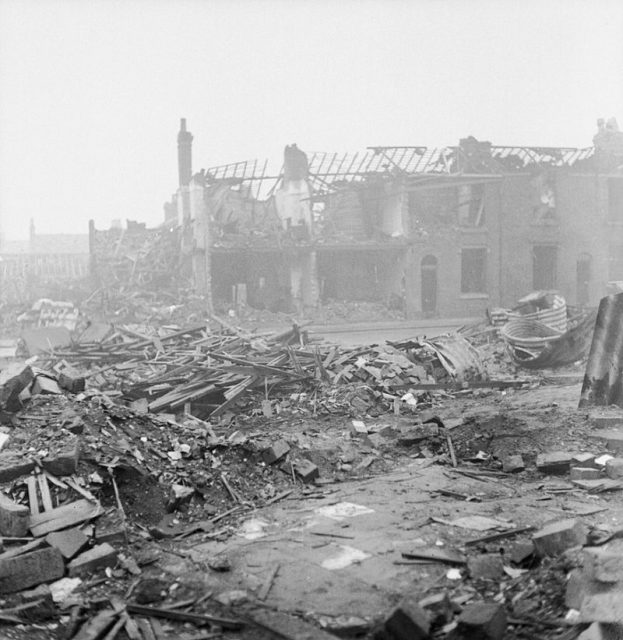
With the air war turning against him, Hitler had to postpone the invasion of Britain. Instead, he turned his attention east toward Russia, which he would invade in the summer of 1941. Britain was saved and Germany was once again fighting a war on two fronts, from which they would never recover.
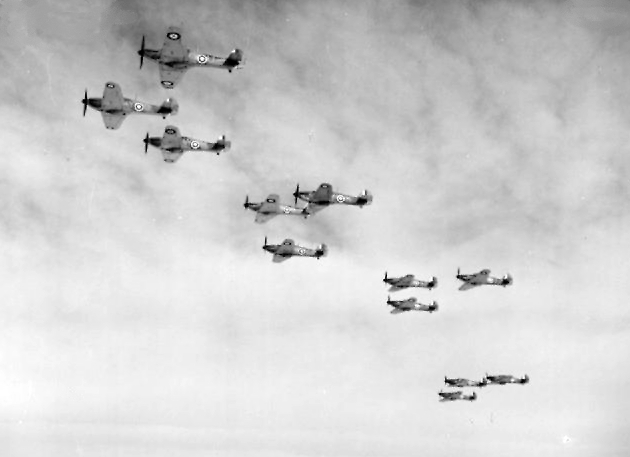
No one knows what the outcome would have been had the Luftwaffe continued attacks on British military targets instead of civilians. But one accidental bombing of London helped turned the tide of the battle of Britain and of World War Two.
